All posts by Edmund Dickinson
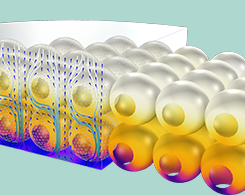
Protein Adsorption: Batch and Space-Dependent Modeling
We take you step by step through developing a detailed protein adsorption reactor model. We start with a simple, perfectly mixed batch reactor and move onto space-dependent modeling.
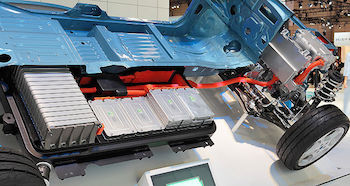
Do Hybrid and Electric Vehicles Have the Pulling Power?
Designers of hybrid and electric vehicles need to have a good understanding of how the car’s lithium-ion battery operates to ensure both performance and safety.

Bringing Multiphysics into Architecture
From the Sydney Opera House in Australia to the Vdara® hotel in Las Vegas, we discuss the potential applications of simulation for architectural development and introduce LiveLink™ for Revit®.
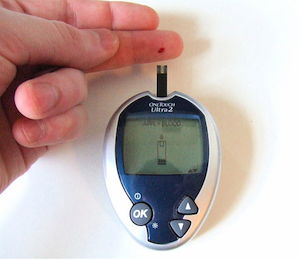
Modeling Electrochemistry for Managing Diabetes
An estimated 350 million people worldwide are living with diabetes. By modeling electrochemical processes, biomedical engineers can analyze and optimize the glucose sensing process.
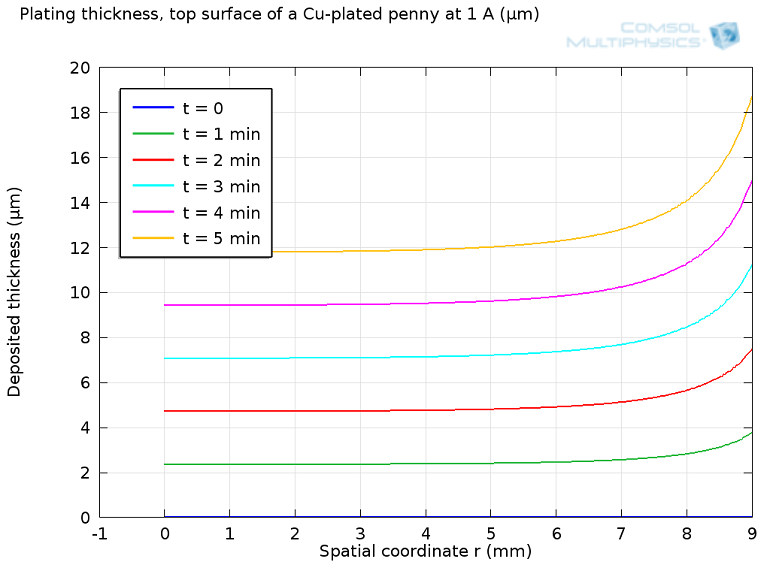
Electroplating: How the U.S. Mint Makes a Penny
Did you know that a penny actually doesn’t contain a lot of copper? Learn about how the U.S. Mint makes pennies through the process of electroplating, which can be studied with chemical modeling.
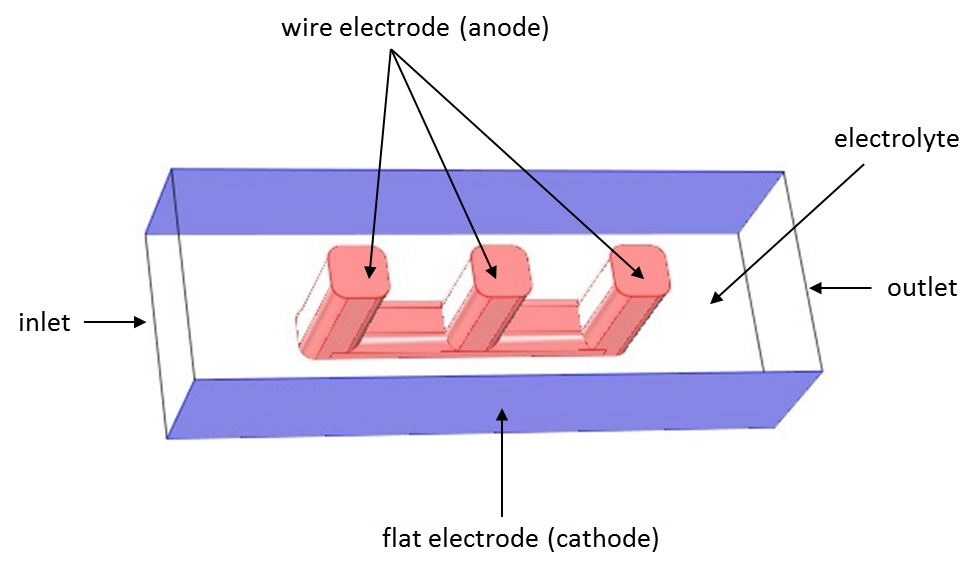
Theory of Current Distribution
Here, we discuss one of the building blocks that make up hybrid parallel computing, namely shared memory computing, as well as when and how to use shared memory with COMSOL Multiphysics®.
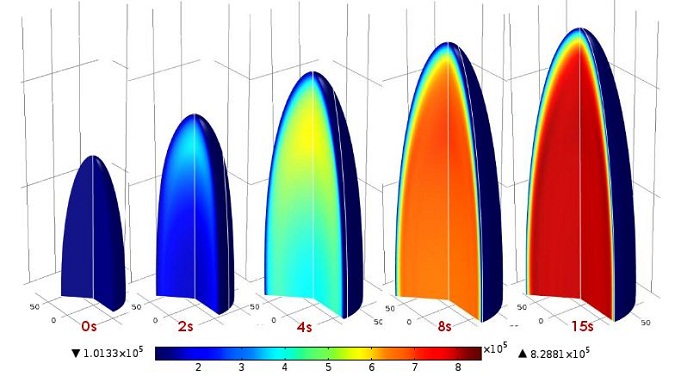
Coupling Transport and Solid Mechanics Models for Better Puffed Rice
In my work at COMSOL, it’s always interesting to see how broad the field of heat transfer can be. Far from being limited to steel ingots and CPU fans, researchers often use COMSOL Multiphysics to study heat transfer in food manufacturing. One good example of this is the study of thermal and mechanical effects in the production of puffed rice, which was presented at the COMSOL Conference 2013 in Boston.
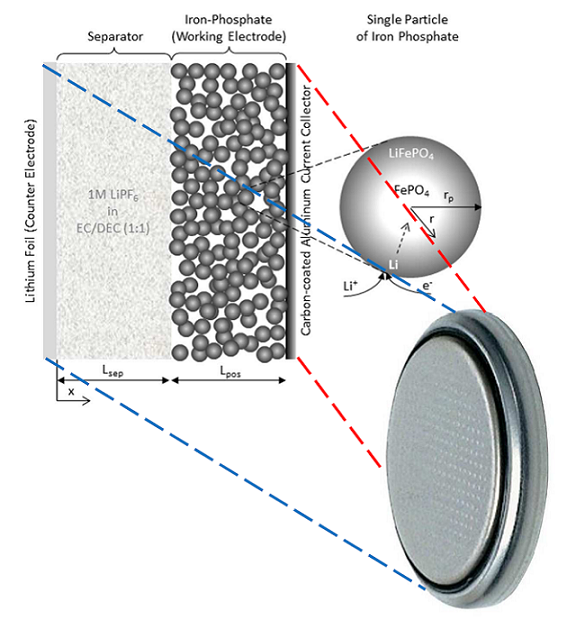
A Lithium-ion Battery Analysis at INES-CEA
During my time as a PhD student, a blue “Chemical Landmark” plaque was fitted to the building a couple of hundred yards down the road from my lab. The plaque commemorates the achievements of the researchers who made the lithium-ion (Li-ion) battery viable. Whether or not you know about the electrochemistry of rechargeable lithium-ion batteries, you probably rely on one. We carry them around in our phones and laptops, and ride in cars and planes that use them for power. […]
